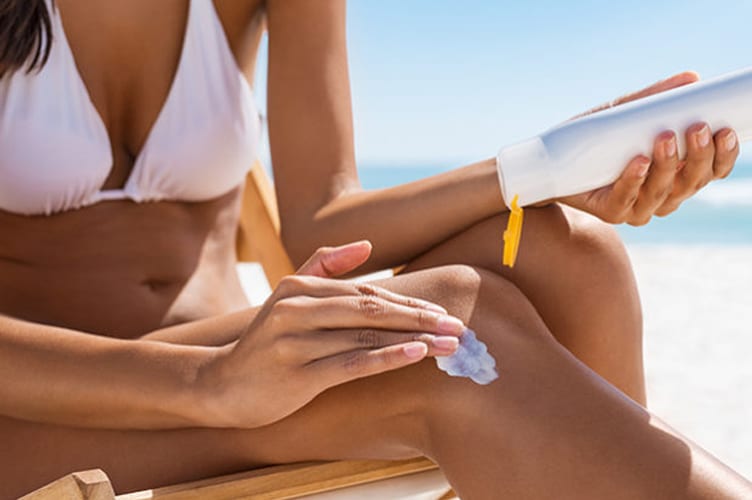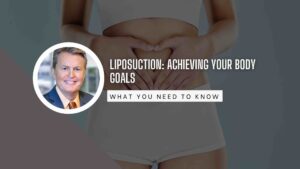Just five blistering sunburns between the ages of 15 and 20 increases melanoma risk by 80%. We know that the use of sunscreen has been shown to reduce melanoma and skin cancer risks. Valisure, an online pharmacy known for testing every batch of medication they sell, announced this week that they petitioned the FDA to recall 40 batches of sunscreens and after-sun products they say tested for high levels of the chemical benzene. The company tested 294 batches from 69 companies and found benzene in 27% ― many in major national brands like Neutrogena and Banana Boat. Some batches contained as much as three times the emergency FDA limit of 2 parts per million (ppm).
Long-term exposure to benzene is known to cause cancer in humans.
“This is especially concerning with sunscreen because multiple FDA studies have shown that sunscreen ingredients absorb through the skin and end up in the blood at high levels,” says David Light, CEO of Valisure. The FDA is seeking more information about the potential risks from common sunscreen ingredients.
“There is not a safe level of benzene that can exist in sunscreen products,” Christopher Bunick, MD, PhD, associate professor of dermatology at Yale University, said in Valisure’s FDA petition. “The total mass of sunscreen required to cover and protect the human body, in single daily application or repeated applications daily, means that even benzene at 0.1 ppm in a sunscreen could expose people to excessively high nanogram amounts of benzene.”
Chemicals in sunscreen may be harmful to other forms of life, too. For years, scientists have been examining whether certain chemicals in sunscreen could be causing damage to marine life, in particular the world’s coral reefs. Specific ingredients, including oxybenzone, benzophenone-1, benzophenone-8, OD-PABA, 4-methylbenzylidene camphor, 3-benzylidene camphor, nano-titanium dioxide, nano-zinc oxide, octinoxate, and octocrylene, have been identified as potential risks. Earlier this year, the National Academies of Sciences, Engineering, and Medicine created a committee to review the existing science about the potential environmental hazards.
Although I have advocated for the use of sunscreen for the reduction of wrinkles and the reduction in skin cancer, at this point it is difficult to recommend to you a specific brand of sunscreen. The reason is that some manufacturing processes introduce specific toxic residuals in the product that perversely, increase your skin cancer risk! After a lifetime of use and recommendation of sunscreen for me, and my children, and my patients, I am at a loss as to finding a resource to verify which sunscreens are still safe. Their claims and descriptions on websites do not validate that they have been tested.
If you’re nervous about using sunscreen, it isn’t the only way to stay safe. It may be as simple as seeking shade, which reduces the risk. Barrier technology clothing like Solumbra really works. We know it is not true that a base tan reduces your risk of skin cancer. The more sun, UVA, and UVB you get, the higher risk of skin cancer.
We need FDA safety testing of current products. Get our government working for us!




